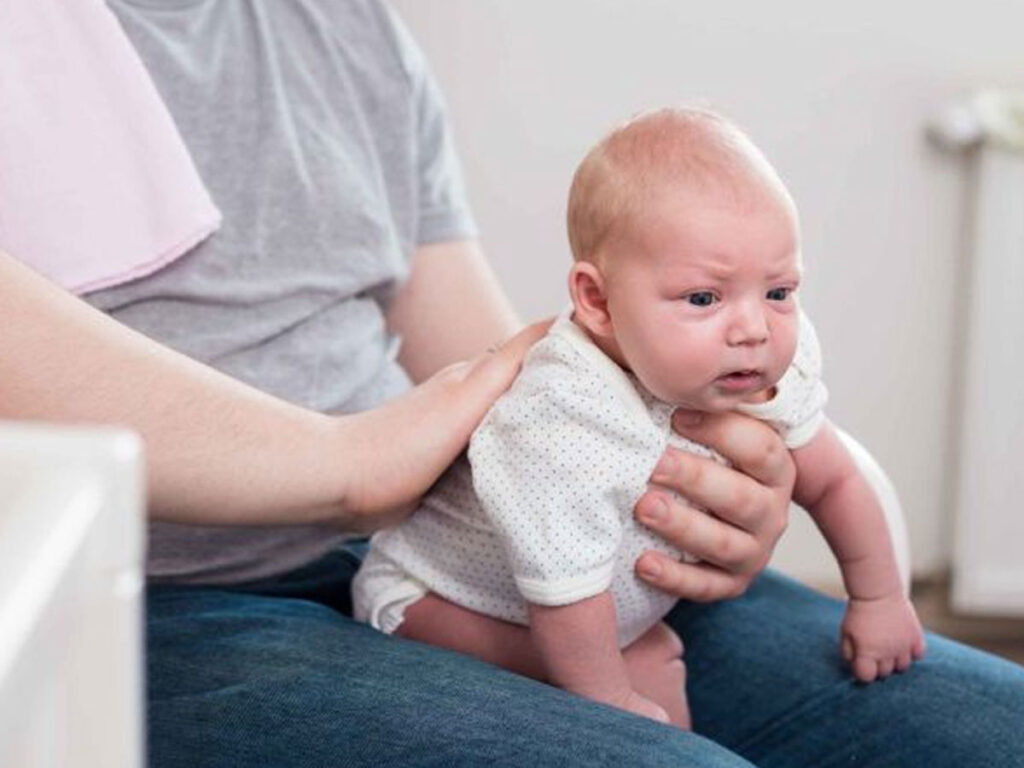Understanding Baby Hiccups: Common Causes and Concerns
Babies are adorable bundles of joy, but they can experience some minor discomforts like baby hiccups. While hiccups in babies are generally harmless, they can cause distress to both the baby and the parents. Understanding the common causes of hiccups and how to prevent them can go a long way in ensuring your little one’s comfort.
Common Causes of Baby Hiccups
Hiccups occur when the diaphragm, the muscle responsible for breathing, contracts involuntarily. In babies, hiccups are often caused by a few common factors:
- Feeding Habits: Rapid or aggressive feeding, especially when a baby gulps air while nursing or bottle-feeding, can lead to hiccups. Using proper feeding techniques and ensuring the baby is in a comfortable position can help reduce this.
- Swallowing Air: Babies tend to swallow air during feedings, which can contribute to hiccups. Ensuring a proper latch during breastfeeding and using slow-flow nipples for bottle-feeding can help minimize air ingestion.
- Gastroesophageal Reflux (GERD): Babies with GERD are more prone to hiccups due to the flow of stomach acid into the esophagus. Consult a pediatrician if you suspect GERD is causing frequent hiccups.
Preventing Baby Hiccups: Useful Tips
Preventing hiccups in babies requires a combination of proper feeding techniques and creating a conducive environment for comfortable digestion. Here are some helpful strategies:
1. Feed Your Baby Wisely
When it comes to feeding your baby, it’s important to adopt strategies that minimize the risk of hiccups:
- Burping: Take breaks during feeding sessions to burp your baby. Burping helps release trapped air and reduces the likelihood of hiccups.
- Proper Latching: Ensure a proper latch during breastfeeding to prevent excessive air intake. If bottle-feeding, choose slow-flow nipples to regulate milk flow and reduce air swallowing.
- Avoid Overfeeding: Feeding your baby in small, frequent sessions can prevent overfeeding and reduce the risk of hiccups.
2. Maintain an Upright Position After Feeding
Holding your baby in an upright position for about 20-30 minutes after feeding can help prevent hiccups. This posture allows gravity to aid digestion and prevents stomach contents from flowing back into the esophagus, reducing the chances of hiccups.
3. Use Pacifiers Mindfully
Pacifiers can be soothing for babies, but their use can contribute to hiccups if the baby sucks on them too vigorously. Limit pacifier use and ensure it’s used in a controlled manner to prevent excess air ingestion.
4. Keep Baby Calm and Relaxed
Stress and anxiety can trigger hiccups in babies. Creating a calm and peaceful environment can minimize the chances of hiccups. Gentle rocking, soft music, and a soothing bedtime routine can contribute to a relaxed state.
5. Maintain Optimal Room Conditions
Extreme temperatures, whether too hot or too cold, can lead to hiccups in babies. Keep the baby’s room at a comfortable temperature to avoid sudden changes that might trigger hiccups.
When to Seek Medical Advice
While hiccups are usually harmless, there are instances where medical attention might be necessary:
- Frequent and Severe Hiccups: If your baby experiences hiccups that seem excessive, frequent, or uncomfortable, consult a pediatrician to rule out underlying issues.
- Associated Symptoms: If hiccups are accompanied by vomiting, fever, or difficulty breathing, it’s important to seek medical advice promptly.
In Conclusion
While hiccups are a common occurrence in babies, taking preventive measures can minimize their frequency and intensity. By adopting proper feeding techniques, maintaining an upright position after meals, and creating a relaxed environment, you can help your little one stay comfortable and hiccup-free. If you have concerns about your baby’s hiccups, always consult a pediatrician for guidance and reassurance. Read more


